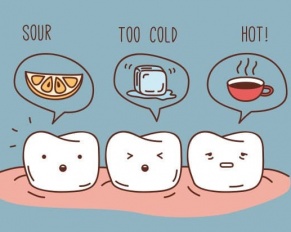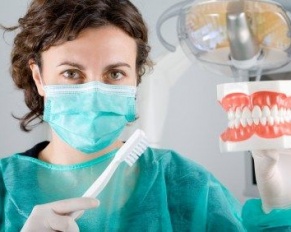Tongue thrust is more than a quirky habit. It’s a muscle pattern disorder that can lead to lasting issues with…

Common Dental Questions, dental care questions and answers, dental health tips, cosmetic and restorative dentistry, dental technology, ask top dentists

Tongue thrust is more than a quirky habit. It’s a muscle pattern disorder that can lead to lasting issues with…

Promoting a dental office these days requires numerous marketing approaches, including SEO, content marketing, and social media. By mastering these…

Today’s dental industry is incredibly competitive, so you need content marketing to attract new patients and build trust. Whether you’re…

A straight and confident smile can be a game-changer for your self-esteem and overall oral health. If you’re considering orthodontic…

In a world where first impressions often hold significant sway, possessing a radiant, confident smile can be a substantial asset.…

In recent years, the healthcare sector has witnessed a surge in technological advancements, with teledentistry emerging as a significant player…

According to a NexHealth survey conducted in 2023, the dental profession is anticipated to grow by 10% to 12.1% in…

With the coronavirus pandemic still making an impact in 2022, the dental industry continues to adjust to ensure the health…

Here’s some fun facts and figures you can sink your teeth into. They are guaranteed to give you a grin, maybe even make you LOL and show everyone your pearly whites.
Whether you’re long in the tooth and wear them, or poor dental hygiene or an accident caused you to lose your natural teeth and wear dentures, they are not really a laughing matter, though many people poke fun at artificial teeth. Some folks are blessed to get dentures that fit perfectly, while others resort to leaving their teeth in a glass, taking them out only to eat meals.
Dentures are funny only when they are a wind-up pair of choppers that hop on plastic feet until they wind down. When we were kids, we delighted in those waxy, fang-like dentures that we stuck over our natural teeth, and when we tired of that gag, we chewed them up, their sticky red substance glomming all over our lips – ahh, youth.
We know there are many ways that people describe dentures, among them: choppers, store-bought teeth, china clippers, falsies, china chompers, box teeth, chain-store teeth and take-out teeth. Some people even refer to the place where they clean and soak their dentures as a chopper-hopper. Most people who wear dentures just grin and bear it – that is some 20 million people in the USA that wear dentures by the way.
Dentures or partial plates have been around for a while, in fact…

When faced with a cancer diagnosis, the last thing you want to think about is assessing your dental health and…